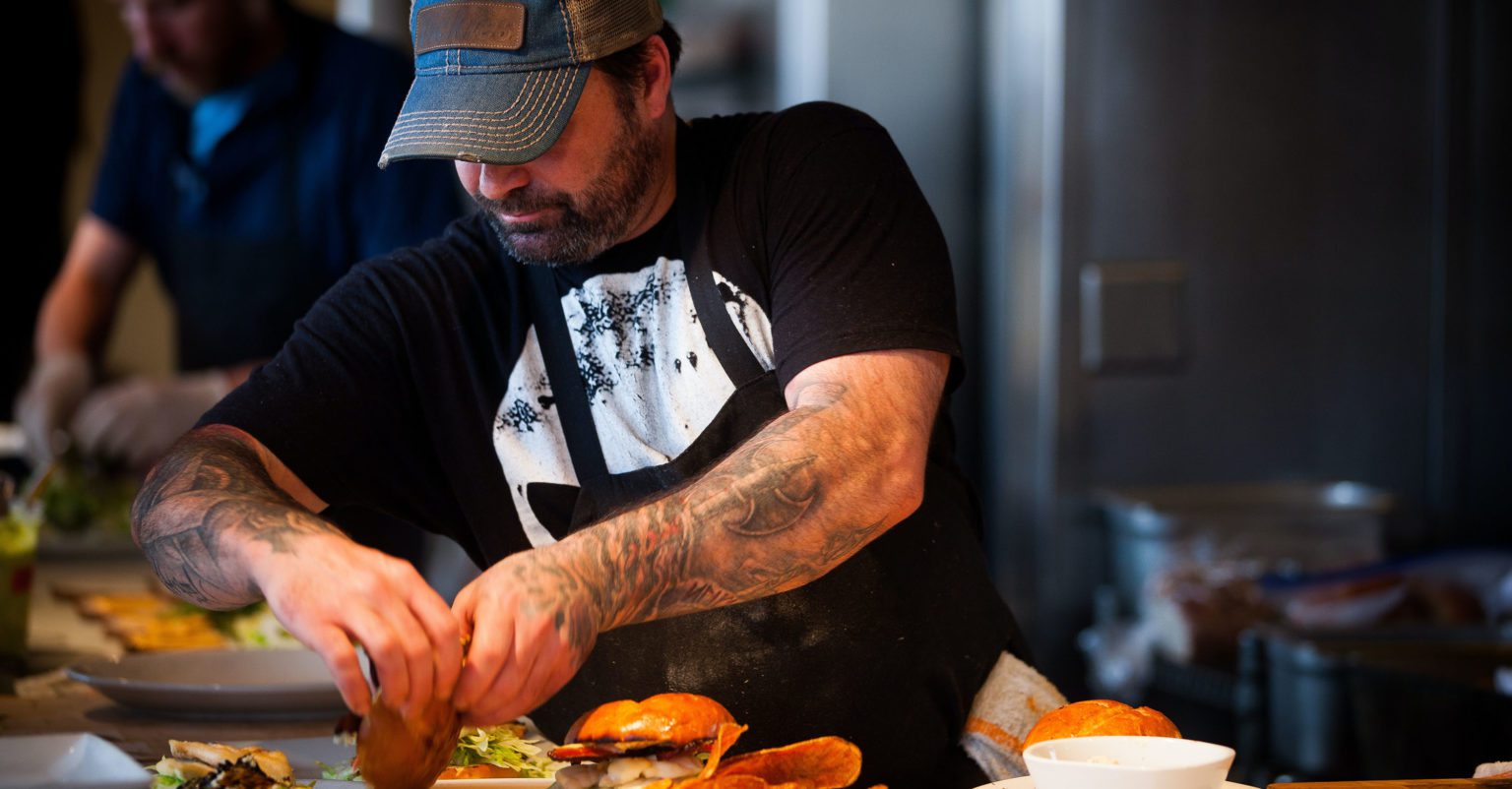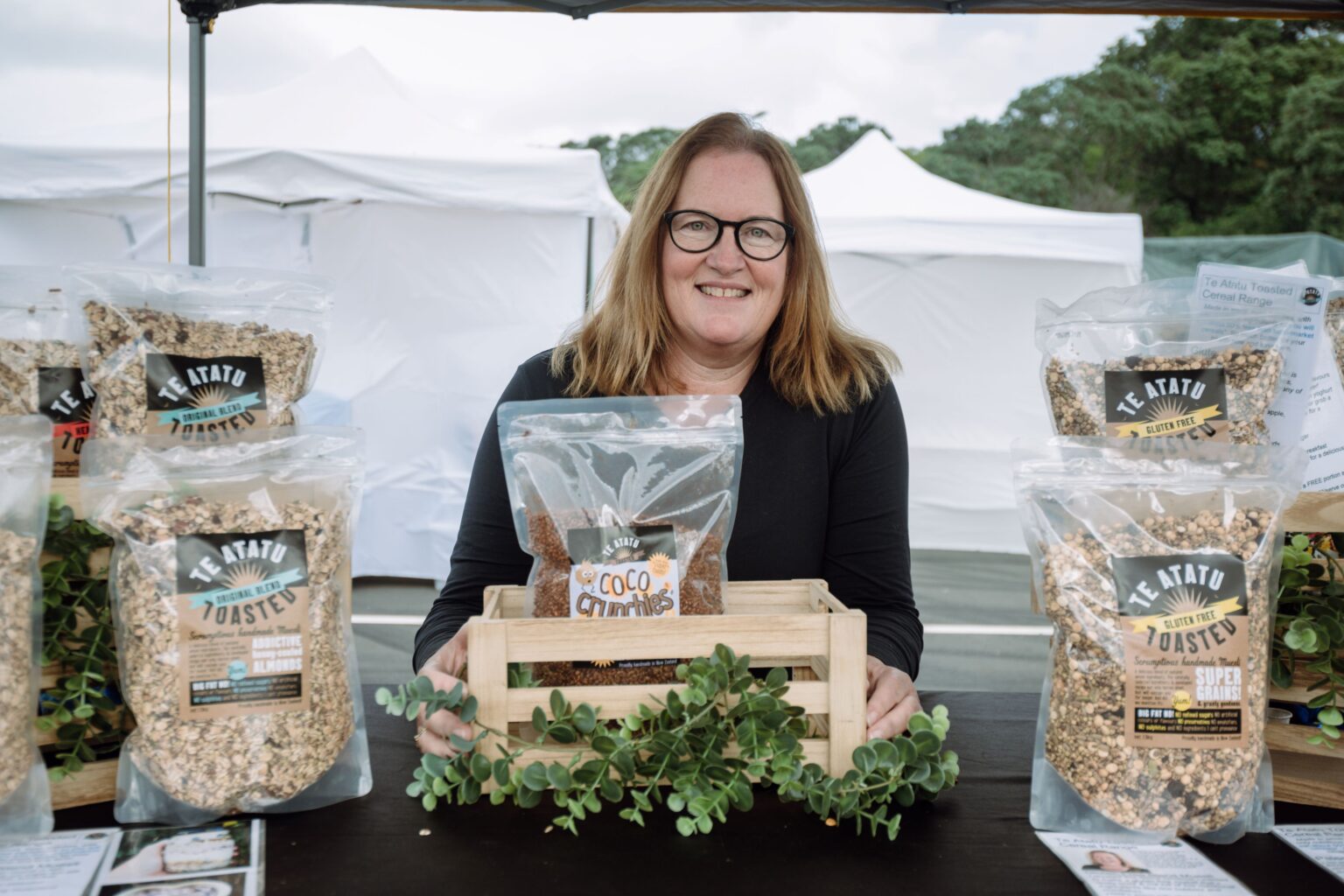We caught up with Christchurch restaurant owner, Shafeeq Ismail, to hear how he’s managing staff shortages and keeping the doors of Story open.
At a glance
Shafeeq Ismail, owner of Christchurch’s Story restaurant, is facing the current challenges of hospitality by:
- Reducing opening hours, from seven to four nights a week
- Offering a set menu
- Using produce sourced within 20km of Christchurch and building strong relationships with suppliers
- Focusing on the positive parts of the job for staff, including set hours on set days, and continual knowledge-building
As streets are buzzing again, and cafes and restaurants filling in the evenings, many businesses are struggling to cope with post-lockdown demand because staff are thin on the ground.
A recent survey conducted by the Employers and Manufacturers Association (EMA) showed 40% of its members had been advertising for more than six months to find people. The unemployment rate has hit record lows and wages have increased by 3%. Add the challenge of staff lost for weeks at a time to COVID and ’flu, and things are looking very tough indeed.
But it’s not all bad news. Some industries have had some success in advocating for more international workers to be made available through border class exemptions. and both working holiday visas and accredited employer work visas have recently opened again for applications.
There is no immediate solution and, until the flow of workers returns as the borders reopen, businesses are doing whatever they can to secure staff and keep their doors open.
Staying positive with sustainable business decisions
Shafeeq Ismail, owner of Story restaurant on iconic New Regent Street in Christchurch, previously had no challenges finding experienced staff to meet demand.
“We used to run seven nights a week and I had five full-time and two part-time staff,” says Shafeeq. “It was always easy to get people on working holiday visas who had the right experience. They were good workers and enjoyed working here.”
Flexible access to funds could help your business thrive when opportunity knocks and ride the ups and downs in the meantime. Find out more about a Business Line of Credit.
Shafeeq is optimistic that with the opening of the borders, those good workers will become available again. In the meantime, he says that getting through this challenge is a matter of attitude as much as anything else.
“What’s done is done,” he says. “You have to keep moving forward and stay positive. When you don’t have any other option, you just keep finding ways to push on.”
Reduced hours
As well as attitude, he has adapted his operations.
He’s happy to continue running four nights a week with a simplified set menu, and three full-time and one part-time staff.
“I don’t want to hire more people until I know it really is sustainable,” he explains. “It’s too risky. And I’ve learned through COVID that it’s very important to also maintain your health and wellbeing, and that of your staff. My son is one year old now so that is very important to me. If we can make some profit also then I am happy.”
A smaller team that loves the job
Story is operating with fewer staff, and retaining them by creating an excellent working environment.
“The staff I have now are very positive. They know exactly how many hours they work and they have three days in a row off to do anything else,” Shafeeq says. “Our chef starts at about 2pm and because we are not a bar, they are finished by 11pm or 12pm. Those hours are very attractive in this kind of job.”
When it is time to hire again, recommendations from existing staff are Shafeeq’s best source of new talent.
“I use Instagram to advertise positions but nothing beats word of mouth,” he says. “Staff who work at Story have a positive experience and pass that on to others – it’s the most effective way to get the right person for the job.”
And hiring ‘the right person’ is all-important. Shafeeq says he’s looking for a combination of two things: a good work ethic and experience.
“You can tell within a couple of days whether someone is the right fit and has the experience they say they have,” he says.
With Story’s focus on hyper-local and in-season produce, Shafeeq is well used to introducing international workers to Kiwi products and seasonal cycles – now that training is a selling point of the job.
“It can take a little bit of time but continual education is part of what I invest in my staff. The first thing I do is introduce them to our suppliers so they know where the meat is coming from, they’re educated about what fresh produce is in season and they understand the wine we offer” he says.
“Sharing that knowledge with my staff is very important so they feel connected to the ethos of the business.”
Local suppliers
Finally, that reliance on local and seasonal produce, while not new to Story, has been a distinct advantage for Shafeeq given the supply chain issues so many other restaurants are facing.
“Everything we use comes from within 20km of the restaurant and I have a relationship with all my suppliers.”
Flexible access to funds could help you stay on top of cash flow fluctuations. Find out more about a Business Line of Credit.




